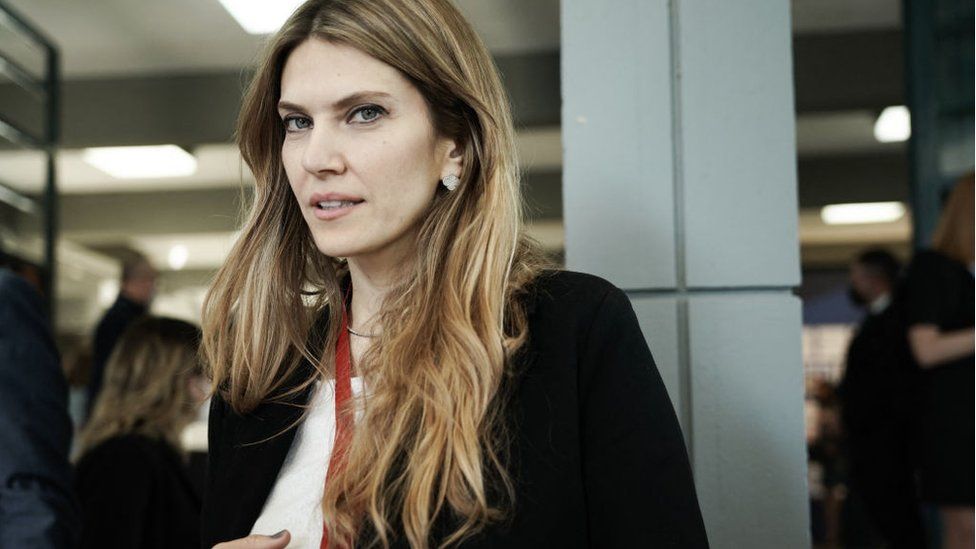The EU says it will launch proceedings to remove parliamentary immunity from two MEPs implicated in an ongoing corruption scandal.
Parliamentary President Roberta Metsola said she had taken the move after a request from Belgian police.
But her statement did not name the MEPs involved.
The scandal erupted last month after one MEP and three others were arrested on charges of corruption and money-laundering.
While authorities have not named the country behind the bribery network, numerous EU sources have accused Qatar of running the operation.
But the Gulf state has strenuously denied any claims of misconduct as unfair and “gravely misinformed”.
Ms Metsola – who has previously said the scandal showed that “open, free, democratic societies are under attack” – said she would now launch an “urgent procedure” to remove parliamentary immunity from the two MEPs following the police request.
The request must now be filed before the entire EU parliament on 16 January, before advancing to the body’s legal affairs committee. A report on the allegations will then be prepared, before a vote in the full chamber on removing the MEPs’ immunity.
Ms Metsola said she wanted the entire process completed by 13 February.

All MEPs hold some limited immunity which means they can carry out their jobs, express their opinions and vote freely without living in fear of arrest or political persecution.
But the chamber can vote to strip them of that immunity after confidential proceedings. The process allows accused MEPs to present evidence and defend themselves.
European Parliament spokeswoman Yasmina Yakimova said last week that the purpose of immunity was to ensure “that parliament can function” but emphasised that it was “not something that allows them to break the law more easily”.
One of the chamber’s vice-presidents, Greek MEP Eva Kaili, was among those arrested during last month’s raids.
However, the 44-year-old Socialist MEP – who has denied any wrongdoing – has already been stripped of her immunity as she was caught “red-handed”, with reports suggesting police found her with large “bags of cash”.
Her lawyer has denied allegations that she had accepted bribes amid reports that €150,000 had been found in her Brussels flat.
Sources said another €600,000 had been found at the home of one suspect, and another €750,000 in a suitcase in a Brussels hotel room.
She remains in pre-trial detention, along with her partner, Francesco Giorgi, and an Italian former MEP, Pier Antonio Panzeri.
At a hearing last month, it emerged that Belgium’s VSSE state security service had been working on an investigation into the corruption allegations for more than a year, with the aid of other EU countries.